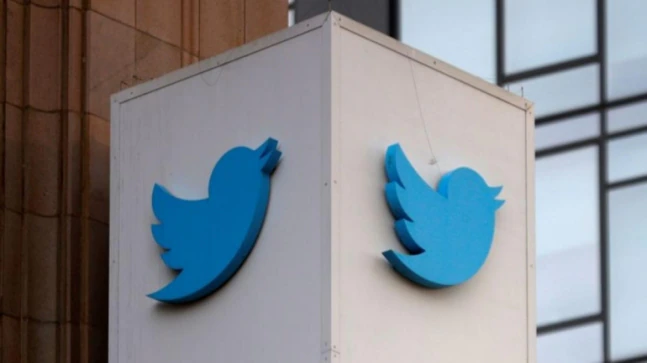Twitter is a habitual non-compliant platform, the Centre said, opposing the micro-blogging site’s plea before Karnataka High Court against the government’s takedown and blocking orders.
Through its statement of objections filed before the court, the government said that Twitter complied with the blocking orders only after reminders and show-cause notices.
Unfortunately, while Twitter is keen to protect its business interests, it is non-compliant with laws, the Centre said, stressing that platforms should not be allowed to decide whether content will cause a national security and public order issue or not.
It has been argued that when a public order issue arises, it is the government that is responsible for taking action and not the platform.
According to the government, it is important to detect and block misinformation and fake news at the initial stage to prevent a public order catastrophe in the country.
Also Read: | Twitter starts testing edit button, but it will cost you money
Hate speeches targeting specific communities can affect a country like India, where diversity of culture and faith prevails, the Centre said. Hence, when the government directs expeditious removal or blocking of content under the law, Twitter is expected to follow the same, it added.
The Centre also argued that the accounts sought to be blocked are unverified and there is no evidence to show whether they are operated by Indians.
“There is no fundamental right of anonymity under Part III of the Constitution,” the Centre said.
According to the government, Twitter has no right to claim that it protects freedom of speech and expression since it has also suspended or terminated accounts without prior notice or reasonable opportunity to the users to respond to or rectify the violation.
The intermediary platform according to the IT Act has no right or locus, to take up the case of its users against any orders passed by the competent authority under section 69A of the Act or else it loses its safe harbour protection, the Centre told the court.
The government has also challenged the maintainability of Twitter’s petition, arguing that it is neither a citizen of India, nor is a natural person, and is not even claiming a derivative right of any of its shareholders (an Indian citizen) to invoke the Constitutional remedy of Article 226 before the High Court.
Also Read: | Indian govt had agent inside Twitter who accessed user data, says firm’s former security chief
The Government has submitted that there is no lack of legislative competence in the central government to pass blocking orders, and the said orders have been passed in complete conformity with the power conferred to it under section 69A of the IT Act, 2000.
The government said that while there are millions of users in India and millions of tweets are posted by Indians, the government is not seeking blocking of every tweet, and action is being taken only on the content which falls under the scope of Section 69A.
It alleged that online platforms such as Twitter, are not taking effective steps to prevent the spread of fake news or deliberate misinformation on their platforms.
“These contents have the potential to jeopardize peace in the country. Thus, it becomes essential to detect and block such misinformation and fake news at the initial stage itself to prevent a public order catastrophe like the situation in the country,” the Centre said.
It has been submitted that in general, intermediary social media platforms are not held liable for the user-generated content they host as being third-party intermediaries. But the social media platforms are responsible for ensuring that their platform compl

